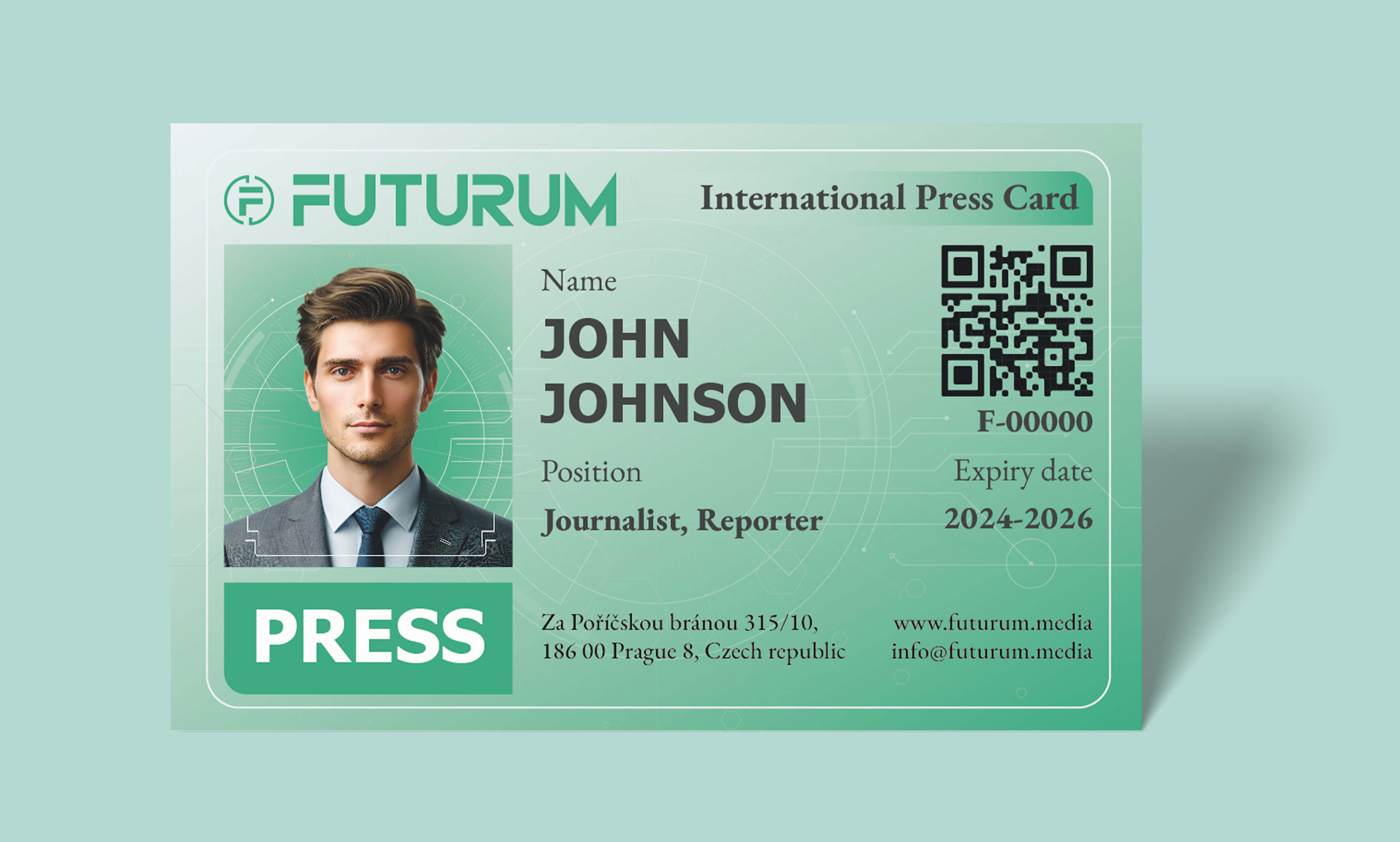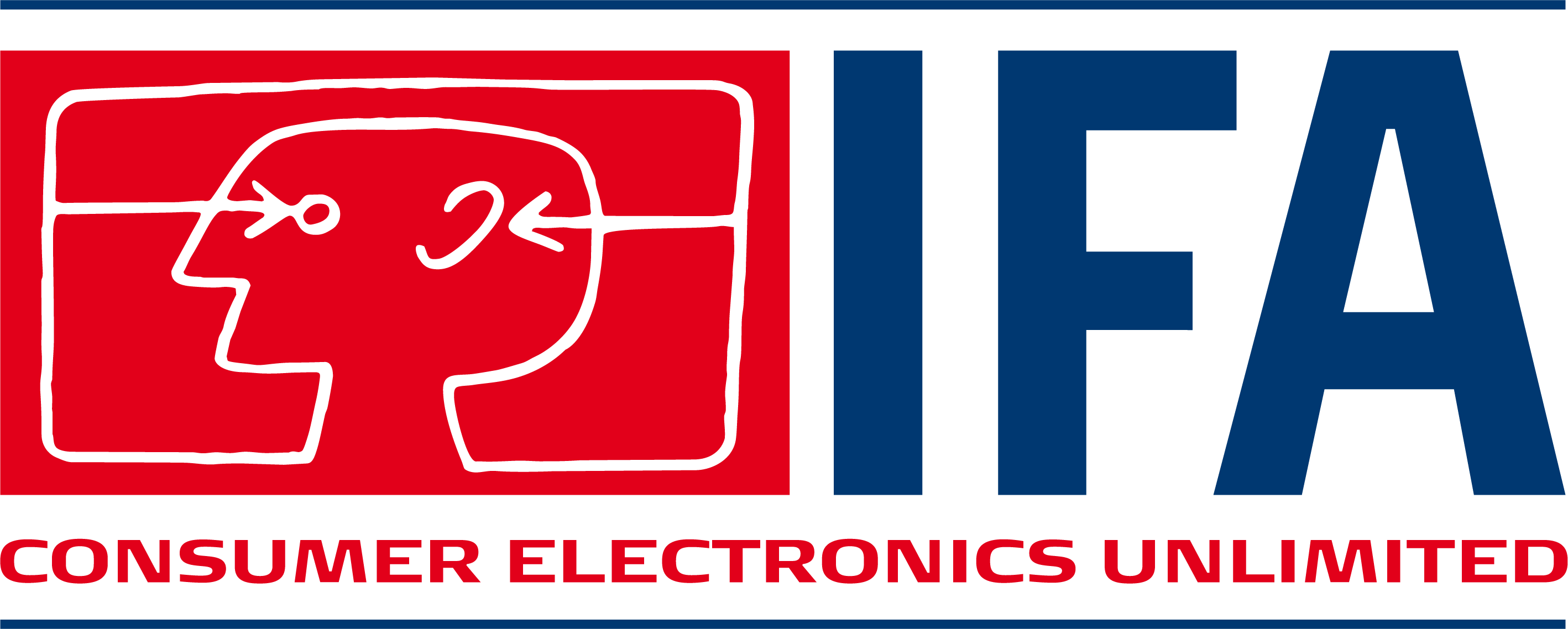Universal Declaration of Human Rights (1948)
Article 19: Guarantees every person’s right to freedom of opinion and expression; this right includes freedom to hold opinions without interference and to seek, receive, and impart information and ideas through any media and regardless of frontiers.
International Covenant on Civil and Political Rights (1966)
Article 19: Emphasizes the rights to freedom of expression and information, including freedom of speech for journalists, which is fundamental to their professional activities.
European Convention on the Protection of Human Rights and Fundamental Freedoms (1950)
Article 10: Provides the right to freedom of expression, including the freedom to impart information and ideas without interference by public authority and regardless of frontiers.
Declaration of Principles on Freedom of Expression in Africa (2002)
This document, adopted by the African Commission on Human and Peoples’ Rights, sets out principles that should guide states in ensuring freedom of expression, including journalistic activity.
American Convention on Human Rights (1969)
Article 13: Guarantees the right to freedom of thought and expression, including the freedom to seek, receive, and impart information and ideas of all kinds, irrespective of frontiers.
Protection at the National Level
On the national level, the protection of journalists’ professional activities depends on the legislation of the specific country, most of which have adopted Media Laws.
Common principles include:
Freedom of the Press Laws: Most countries have laws that protect journalists’ rights to gather and disseminate information, providing a foundation for free journalistic activities.
Professional Standards: National journalism associations often develop ethical codes that serve as guidelines to protect journalists in their work.
Judicial Protection: Journalists can resort to the courts to protect their rights in cases of censorship, wrongful dismissal, or other forms of pressure.
Laws on the Confidentiality of Sources: In many jurisdictions, there are laws that protect journalists from having to disclose their sources, which is critical for conducting investigations. There are also provisions for criminal liability for hindering a journalist’s professional activities.
Defamation Protection Legislation: Laws that prevent unfounded legal claims against journalists for defamation or libel, provided the journalists acted in good faith and professionally.
Examples of National Regulations
USA: The First Amendment to the U.S. Constitution guarantees freedom of the press, which is a key element in protecting journalists.
Ukraine: In Ukraine, the “Law on Mass Media” regulates press activities and protects the rights of journalists.
France: In France, the 1881 Press Freedom Act provides broad protection for journalists, including the protection of sources.
Czech Republic: The Czech Republic has a strong environment for press freedom as well as legislation that protects journalists and their sources.
Republic of Cyprus: Cyprus, like many other democratic countries, values press freedom and has legislative protections in place.
These international and national laws and conventions create a legal framework that protects journalists in their endeavor to inform the public, facilitating the maintenance of freedom of speech and press independence.
In nearly every country around the world, a journalist’s ID and/or a valid press card from a recognized media outlet facilitates accreditation within the country, entry into professional journalistic unions or clubs, and the obtaining of visas or residency permits.
It is important to remember that journalists must adhere to ethical standards and use their press credentials for legitimate professional purposes.
Futurum Platform Press Center pressID@futurumplatform.org












